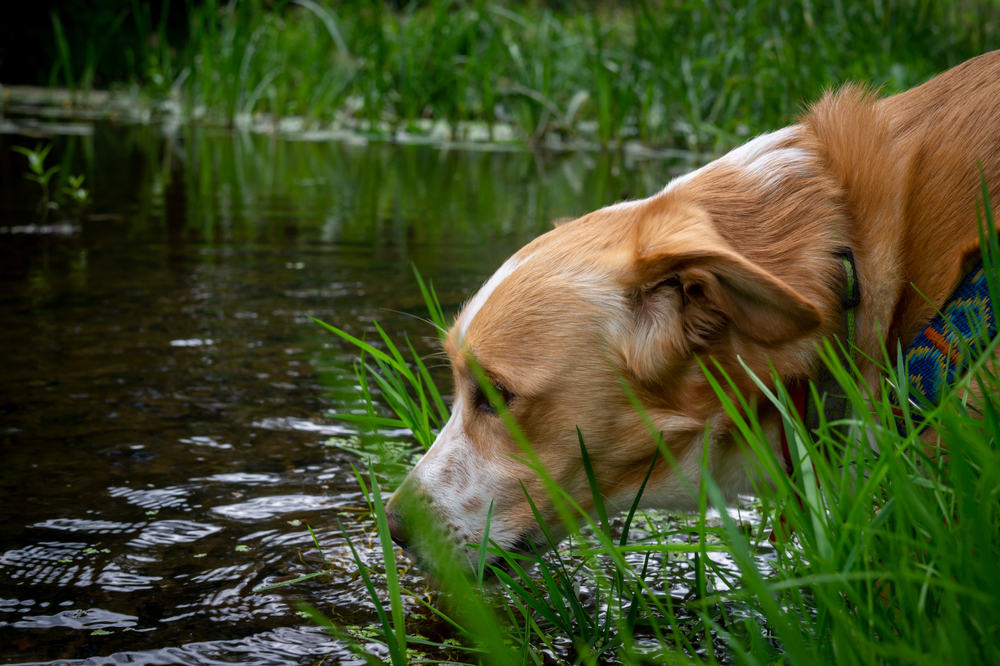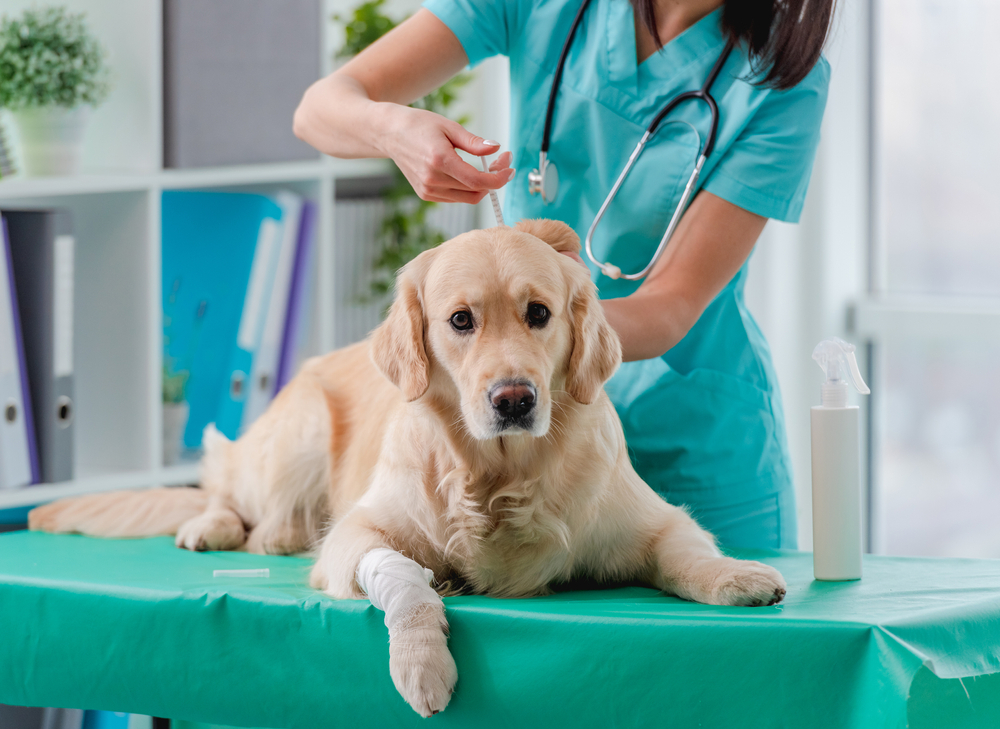Pet Microchipping Frequently Asked Questions
The thought of losing your pet is one of your worst nightmares, and proper identification is essential to help ensure you and your furry pal are reunited should they get lost. Microchipping is pets’ only permanent identification type, but some pet owners still neglect to schedule this important procedure. Our Neighborhood Veterinary Centers of Nasa [...]











